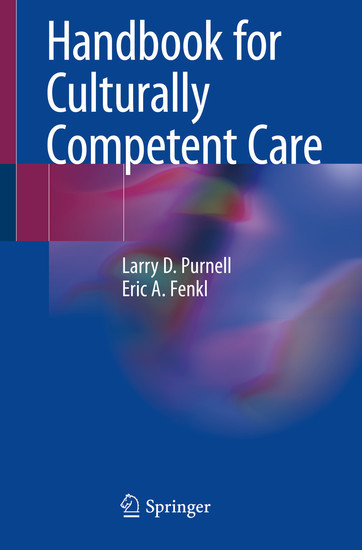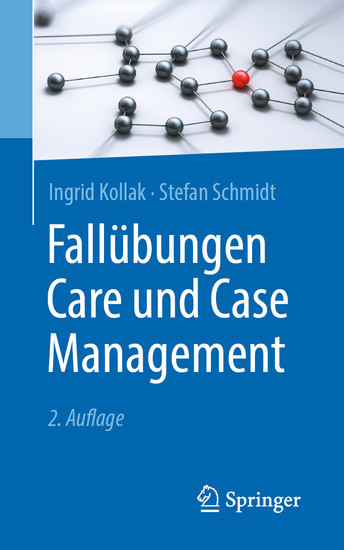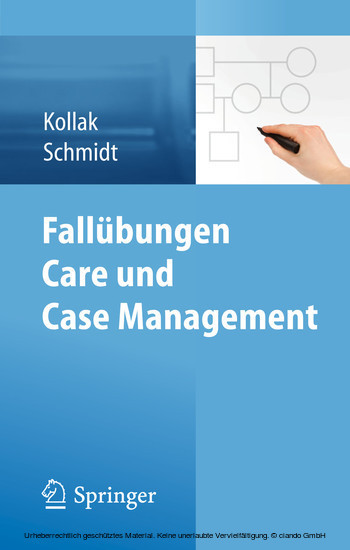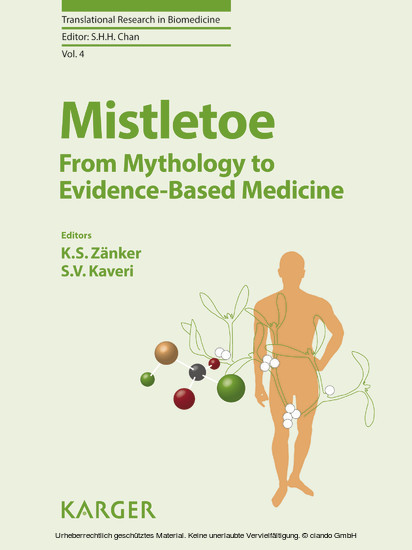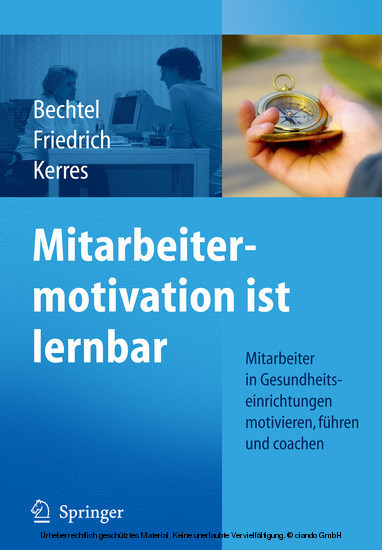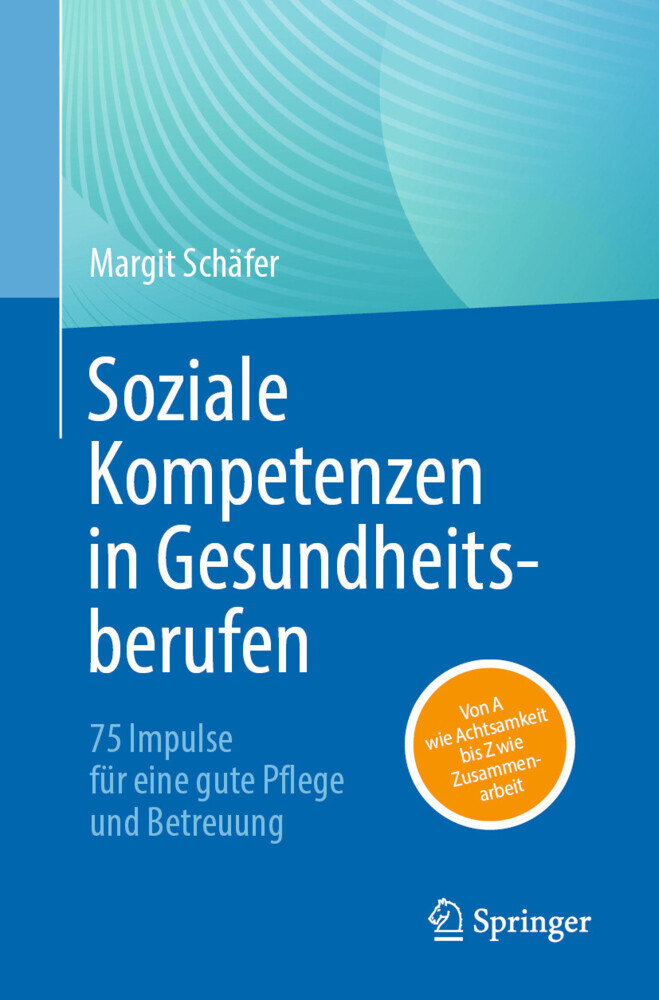Handbook for Culturally Competent Care
This concise, easy-to-read book tackles the potentially awkward subject of culture in a direct, non-intimidating style. It prepares all health professionals in any clinical setting to conduct thorough assessments of individual from culturally specific population groups, making it especially valuable in today's team-oriented healthcare environment. The book is suitable for healthcare workers in all fields, particularly nurses who interact with the patients 24 hours a day, every day of the week.
Based on the Purnell Model for Cultural Competence, it explores 26 different cultures and the issues that healthcare professionals need to be sensitive to. For each group, the book includes an overview of heritage, communication styles, family roles and organization, workforce issues, biocultural ecology, high-risk health behaviors, nutrition, pregnancy and child bearing, death rituals, spirituality, healthcare practices, and the views of healthcare providers. It also discusses the variant characteristics of culture that determine the diversity of values, beliefs, and practices in an individual's cultural heritage in order to help prevent stereotyping. These characteristics include age, generation, nationality, race, color, gender, religion, educational status, socioeconomic status, occupation, military status, political beliefs, urban versus rural residence, enclave identity, marital status, parental status, physical characteristics, sexual orientation, gender issues, health literacy, and reasons for migration. Each chapter offers specific instructions, guidelines, tips, intervention strategies, and approaches specific to a particular cultural population.
Dr. Larry D. Purnell is Emeritus Professor from the University of Delaware where he coordinated the graduate programs in nursing and healthcare administration and taught culture. His Model, the Purnell Model for Cultural Competence has been translated into Arabic, Czech, Flemish, Korean, French, German, Japanese, Persian, Portuguese, Spanish, and Turkish. His textbook on Transcultural Health Care won the Brandon Hill and American Journal of Nursing Book Awards. Dr. Purnell has over 100 refereed journal publications, 100 book chapters, and 14 textbooks, including updated editions. He has made presentations throughout the United States as well as in Australia, Colombia, Costa Rica, England, Denmark, Italy, Korea, Panama, Russia, Scotland, Spain, and Turkey. He is the U.S. Representative to the European Union's Commission on Intercultural Communication resulting from the Salamanca, Sorbonne, Bologna, and WHO Declarations. He has been on the International Editorial Board, for six journals. Dr. Purnell is a Fellow in the American Academy of Nursing, a Transcultural Nursing Scholar, Luther Christman Fellow, and is on the Rosa Parks Wall of Fame for Teaching Tolerance.
Dr. Eric A. Fenkl, an Associate Professor of Nursing, received his PhD in Nursing from the University of Wisconsin. Dr. Fenkl's research interests include the cultural aspects of HIV/HPV prevention and related disease among LGBT populations with a particular emphasis on MSM and ethnically diverse populations. Dr. Fenkl has been the Co-PI on two large grants from the Center for Substance Abuse Prevention, SAMHSA. One to develop a program focusing on HIV/STD and substance abuse prevention for minority LGBT students on campus and a second one to implement a program for outreach in the greater Miami metropolitan area specifically for at-risk minority MSM. Dr. Fenkl has presented at numerous national and international conferences and has published widely in peer-reviewed journals globally. Dr. Fenkl's teaching is focused on the facilitation of cultural competence in advanced practice nursing.
1;Preface;5 2;Contents;7 3;Introduction;18 4;Chapter 1: Transcultural Diversity and Health Care;20 4.1;1.1 The Need for Culturally Competent Health Care;20 4.2;1.2 Variant Characteristics of Culture;22 4.3;1.3 Reflective Exercises;24 4.4;Bibliography;25 5;Chapter 2: The Purnell Model for Cultural Competence;26 5.1;2.1 The Purnell Model;27 5.1.1;2.1.1 Assessment Guide;27 5.1.2;2.1.2 Domains and Concepts;28 5.1.2.1;2.1.2.1 Overview and Heritage;28 5.1.2.2;2.1.2.2 Communications;29 5.1.2.3;2.1.2.3 Family Roles and Organization;29 5.1.2.4;2.1.2.4 Workforce Issues;29 5.1.2.5;2.1.2.5 Biocultural Ecology;29 5.1.2.6;2.1.2.6 High-Risk Health Behaviors;30 5.1.2.7;2.1.2.7 Nutrition;30 5.1.2.8;2.1.2.8 Pregnancy and Childbearing Practices;30 5.1.2.9;2.1.2.9 Death Rituals;30 5.1.2.10;2.1.2.10 Spirituality;30 5.1.2.11;2.1.2.11 Health-Care Practices;30 5.1.2.12;2.1.2.12 Health-Care Practitioners;31 5.2;2.2 Purnell Cultural Assessment Tool;31 5.3;2.3 Reflective Exercise;36 6;Chapter 3: Barriers to Culturally Competent Health Care;38 6.1;3.1 Language and Health Literacy;39 6.2;3.2 Availability;40 6.3;3.3 Accessibility;41 6.4;3.4 Affordability;41 6.5;3.5 Appropriateness;41 6.6;3.6 Organizational Accountability;42 6.7;3.7 Adaptability;42 6.8;3.8 Acceptability;42 6.9;3.9 Awareness;43 6.10;3.10 Attitudes;43 6.11;3.11 Approachability;43 6.12;3.12 Alternative Practices;44 6.13;3.13 Additional Services;44 6.14;3.14 Reflective Exercises;44 6.15;Bibliography;45 7;Chapter 4: People of African American Heritage;46 7.1;4.1 Overview and Heritage;46 7.1.1;4.1.1 Communications;46 7.1.2;4.1.2 Family Roles and Organization;47 7.1.3;4.1.3 Workforce Issues;48 7.1.4;4.1.4 Biocultural Ecology;49 7.1.5;4.1.5 High-Risk Health Behaviors;51 7.1.6;4.1.6 Nutrition;51 7.1.7;4.1.7 Pregnancy and Childbearing Practices;52 7.1.8;4.1.8 Death Rituals;53 7.1.9;4.1.9 Spirituality;54 7.1.10;4.1.10 Health-Care Practices;55 7.1.11;4.1.11 Health-Care Providers;56 7.2;4.2 Reflective Exercises;57 7.3;Bibliography;58 8;Chapter 5: People of American Indian/Alaskan Native Heritage;59 8.1;5.1 Overview and Heritage;59 8.1.1;5.1.1 Communications;60 8.1.2;5.1.2 Family Roles and Organization;61 8.1.3;5.1.3 Workforce Issues;62 8.1.4;5.1.4 Biocultural Ecology;62 8.1.5;5.1.5 High-Risk Behaviors;63 8.1.6;5.1.6 Nutrition;64 8.1.7;5.1.7 Pregnancy and Childbearing Practices;64 8.1.8;5.1.8 Death Rituals;65 8.1.9;5.1.9 Spirituality;65 8.1.10;5.1.10 Health-Care Practices;65 8.1.11;5.1.11 Health-Care Providers;66 8.2;5.2 People of Navajo Heritage;66 8.2.1;5.2.1 Communications;67 8.2.2;5.2.2 Family Roles and Organization;68 8.2.3;5.2.3 Workforce Issues;69 8.2.4;5.2.4 Biocultural Ecology;70 8.2.5;5.2.5 High-Risk Health Behaviors;71 8.2.6;5.2.6 Nutrition;72 8.2.7;5.2.7 Pregnancy and Childbearing Practices;72 8.2.8;5.2.8 Death Rituals;73 8.2.9;5.2.9 Spirituality;75 8.2.10;5.2.10 Health-Care Practices;76 8.2.11;5.2.11 Health-Care Provider;77 8.3;5.3 Reflective Exercises;78 8.4;Bibliography;79 9;Chapter 6: The Amish;80 9.1;6.1 Overview and Heritage;80 9.1.1;6.1.1 Communications;81 9.1.2;6.1.2 Family Roles and Organization;82 9.1.3;6.1.3 Workforce Issues;82 9.1.4;6.1.4 Biocultural Ecology;83 9.1.5;6.1.5 High-Risk Health Behaviors;84 9.1.6;6.1.6 Nutrition;84 9.1.7;6.1.7 Pregnancy and Childbearing Practices;84 9.1.8;6.1.8 Death Rituals;85 9.1.9;6.1.9 Spirituality;85 9.1.10;6.1.10 Health-Care Practices;86 9.1.11;6.1.11 Health-Care Providers;87 9.2;6.2 Reflective Exercises;88 9.3;Bibliography;88 10;Chapter 7: People of Appalachian Heritage;89 10.1;7.1 Overview and Heritage;89 10.1.1;7.1.1 Communications;90 10.1.2;7.1.2 Family Roles and Organization;91 10.1.3;7.1.3 Workforce Issues;91 10.1.4;7.1.4 Biocultural Ecology;92 10.1.5;7.1.5 High-Risk Health Behaviors;93 10.1.6;7.1.6 Nutrition;93 10.1.7;7.1.7 Pregnancy and Childbearing Practices;94 10.1.8;7.1.8 Death Rituals;95 10.1.9;7.1.9 Spirituality;95 10.1.10;7.1.10 Health-Care Practices;96 10.1.11;7.1.11 Health-Care Providers;97 10.2;7.2 Reflective Exercises;98 10.3;Bi
Purnell, Larry D.
Fenkl, Eric A.
| ISBN | 9783030219468 |
|---|---|
| Artikelnummer | 9783030219468 |
| Medientyp | E-Book - PDF |
| Copyrightjahr | 2019 |
| Verlag | Springer-Verlag |
| Umfang | 361 Seiten |
| Sprache | Englisch |
| Kopierschutz | Digitales Wasserzeichen |

